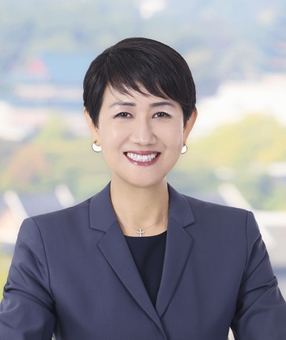|
(1)
|
Creating an AI-Related Industrial Innovation Ecosystem
The Party Platform outlines plans for government-led advancement of the AI industry with more investment. Central to this initiative is the creation of a large-scale national fund, which will be open to all economic stakeholders, to drive growth in Korea’s high-tech strategic industries such as AI, with a targeted investment of KRW 100 trillion. Additionally, key policy proposals include (i) supporting the development of next-generation AI semiconductors, (ii) providing assistance for the R&D and commercialization of large and small language models (LLMs and SLMs), and (iii) promoting the growth of the physical AI (humanoid robot) industry within both industrial and service sectors.
The Party Platform further sets out plans to cultivate leading domestic AI companies, plans to establish a pilot city dedicated to AI, and plans to invest in “AI infrastructure for industries with regional strength” by leveraging private sector expertise in partnership with government support. These initiatives signal the new administration’s strong commitment to actively investing in and promoting AI-related industries.
Furthermore, to ensure access for all citizens, the Party Platform proposes (i) developing a national LLM and releasing it as an open source, (ii) expanding level-based, customized education and providing digital devices and services to individuals disadvantaged in AI, and (iii) expanding and improving the quality of public Wi-Fi infrastructure in public places, such as public facilities and downtown areas.
|






